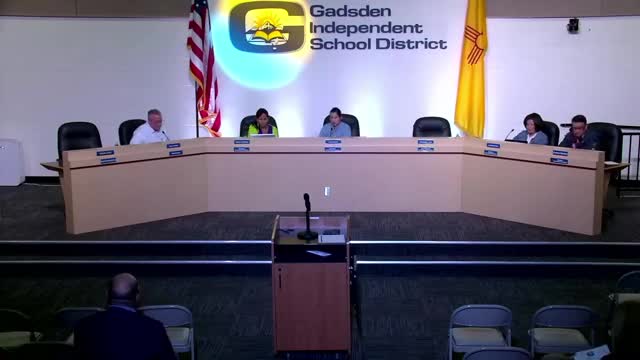Article not found
This article is no longer available. But don't worry—we've gathered other articles that discuss the same topic.
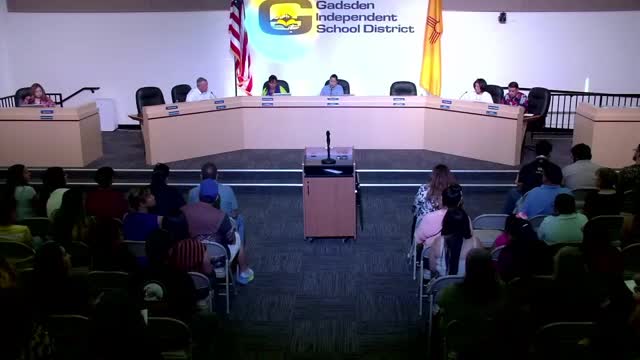
Gadsden ISD honors esports teams, national qualifiers and awards Gadsden Foundation scholarships; district celebrates 187 bilingual-seal recipients
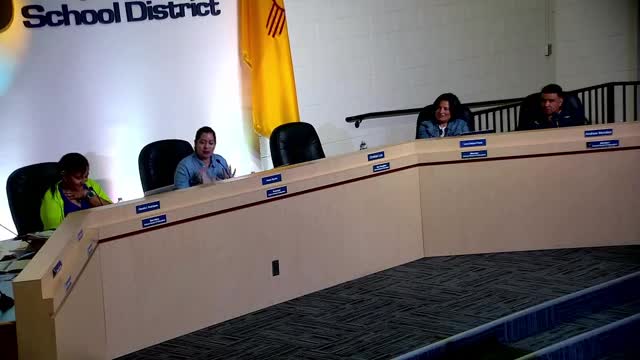
Board hears proposed Boone Transportation contract with value‑added services; district staff to review contract details and legal language
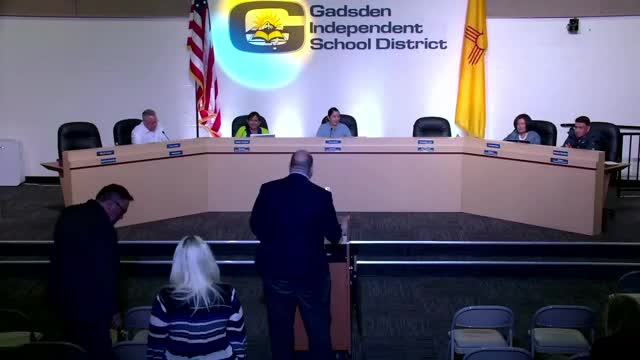
Board reviews science textbook adoption process; middle‑school decision narrows to Amplify vs. Twig, high‑school preference for Savvas
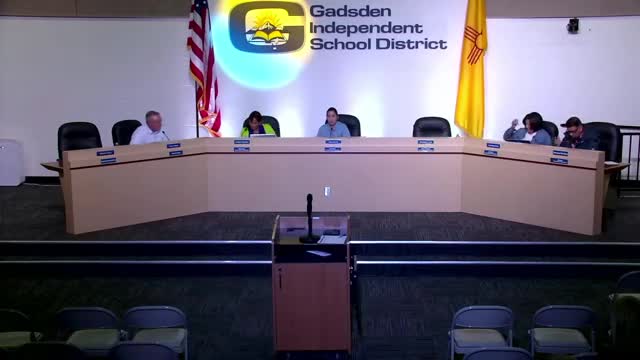
Gadsden ISD reviews measles protocol: 21‑day exclusion for students without proof of immunity; district reports 63 students lack two MMRs
